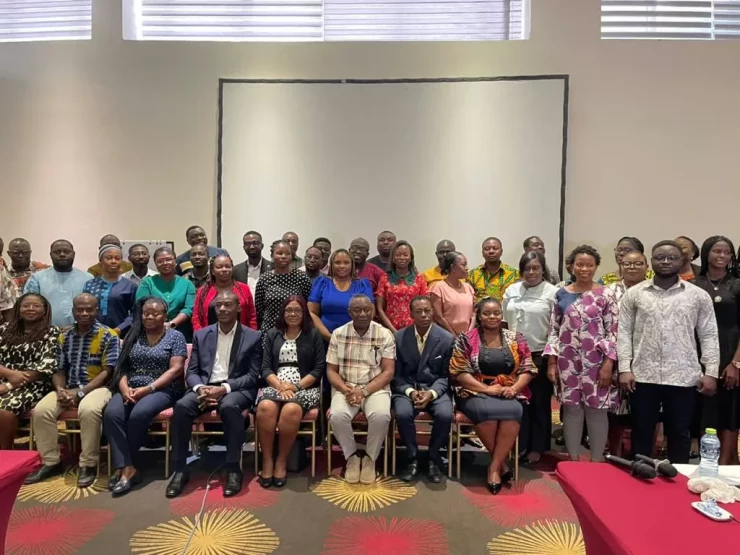Dr Kwaku Afriyie, Minister for Environment, Science, Technology, and Innovation (MESTI), says Ghana’s long-term low carbon emission strategy will enhance ecosystem restoration and biodiversity conservation.
He said the strategy would also be a vital planning tool for guiding the Ghana energy system to a clean, sustainable, and increasingly renewable-based future, boost recycling of plastics and create green jobs for the youth.
The minister said this during a National Planning Workshop on the Readiness Assessment for Long-Term Low Emissions Development Strategy (LT-LEDS) for Ghana in Accra.
The workshop seeks to bring together stakeholders to give much information to help assess the state of readiness for the development of LT-LEDS.
Dr Afriyie said the Paris Agreement committed all parties to promote and work towards LT-LEDS, to provide quantifiable information on mitigation visions, strategies and targets for up to and beyond 2050 in the latest Nationally Determined Contributions.
He said Ghana was obliged to develop and implement long-term mitigation actions that reflected national priorities and initiatives that could easily be supported by development partners and other implementing agencies.
“To meet this obligation, Ghana has over the years developed a number of strategies and sectoral plans which deal with low carbon mitigation actions but did not target long-term emission aspirations of national development plans,” the minister added.
Dr Afriyie said, in line with the framework, Ghana participated in the 2050 Pathways Annual Meeting at the 58th Session of the Subsidiary Body for Science and Technology Advice, where Ghana agreed to engage in long-term low carbon development with the 2050 Pathways Platform.
“The national strategy will therefore place a lot of emphasis on the implementation of clear development perspective and integrated climate change related aspects with development visions, priorities, principles or economic, social and environmental objectives.”
“…and to consider multiple synergies and trade-offs between sustainable development, emission reduction and adaptation to climate change,” he added.
Dr Henry Kokofu, Executive Director, Environmental Protection Agency, said climate change is one of the biggest threats to the global community today and remains an indispensable risk to all facets of economic development.
He said climate change events have become more common today than ever, adding that, “as we have been warned by the latest reports of Intergovernmental Panel on Climate Change, every degree matters, and surpassing 1.5°C would cause the greatest impacts, where Ghana is no exception.
The Executive Director said the continuous rise in annual average of carbon dioxide from the advent of the industrial revolution, was believed to be the cause of climate change; hence, the need for engaging in long-term low emission strategies was overemphasised.
He said COP21 adopted the Paris Agreement, which committed all parties to develop long-term low greenhouse gas emission development strategies to reduce greenhouse emission in the atmosphere and its consequences on climate change impacts.
Dr Kokofu said the long-term low emission development strategies were qualitative strategies that countries developed to transition their economies beyond achieving near-term Nationally Determined Contribution (NDC) targets.
He said the strategy signified countries’ path towards the larger climate objective of cutting emissions by 45 per cent by 2030 and achieving net zero around 2050.
“The strategy therefore explores the challenges and opportunities associated with the structural transformations needed to reach carbon neutrality and meet the targets of the Paris Agreement,” he added.
“It is now the time that countries explain how they will transition their economies beyond achieving near-term NDC targets, Ghana is committed to pursuing low-carbon strategies for development and is actively pursuing them, as per national circumstances, and longing for long-term targets,” he stressed.
Source: GNA






